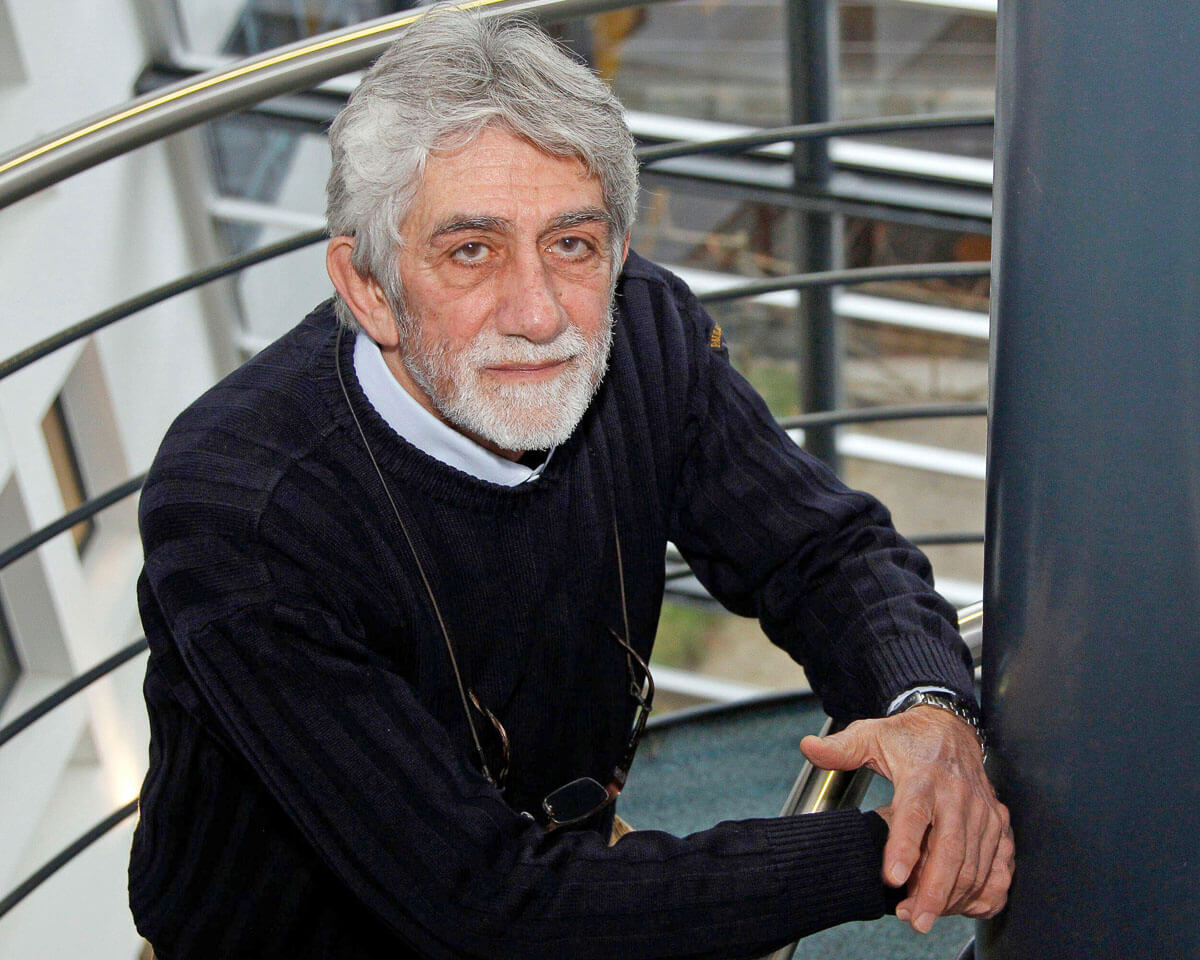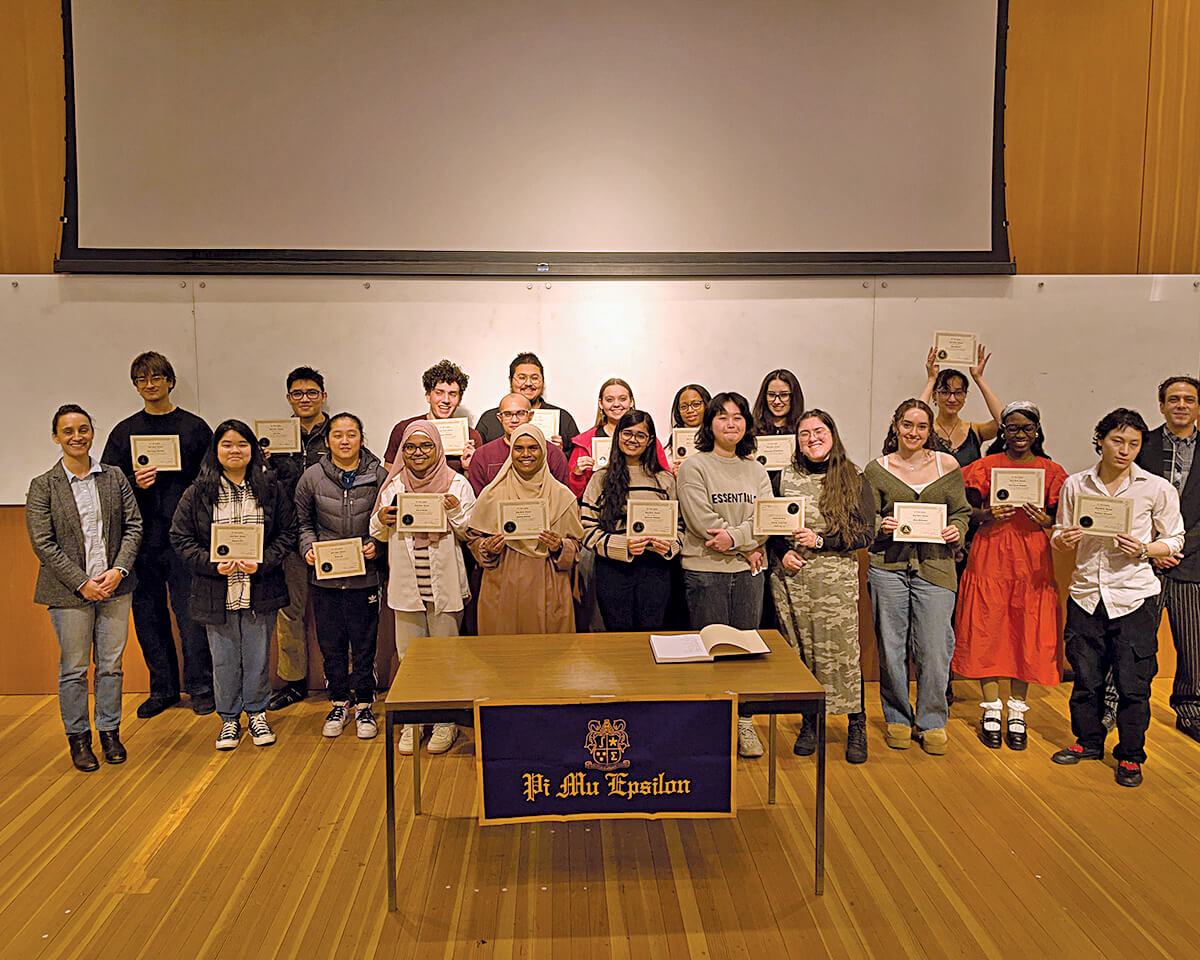More than 40 years ago, Joe Cohen ’77 found his way to the Brooklyn College campus, asked to be pointed to the Biology Department, and knocked on the door. Opportunity was waiting on the other side.
He was a new immigrant from Egypt by way of France with an undergraduate degree in agricultural engineering and zero concept of how the American higher education system worked.
“I was invited in very kindly. I met a lot of professors and told them what I was interested in,” Cohen says, recalling that Biology Professor Emeritus Norman R. Eaton quickly took him under his wing. “And I ended up being accepted as a grad student.”
After completing a Ph.D. in molecular biology and then a postdoctoral fellowship at the Albert Einstein College of Medicine, opportunity knocked back, even if Cohen didn’t fully realize it at the time.
He somewhat reluctantly took a job with a big pharma company then known as Smith, Kline & French. Cohen had been planning for a career in academia, but with scant jobs in the early 1980s, he figured he’d put in a few years at the multinational corporation’s vaccine division in Belgium.
Eventually, in 1987, the young scientist was asked to lead a project on the malaria vaccine. He knew very little about the disease, which kills hundreds of thousands every year, mostly very young children in developing nations. Born of a parasitic pathogen, the type for which a vaccine had never been created, Cohen was tasked with an impossible mission.
“It was perceived as a very difficult project that did not have a great financial appeal for big pharma,” says Cohen. “But after a little while, I took it as a challenge. I was excited by the science and the incredible impact a vaccine against malaria could have.”
Cohen dug in, toiling for years to develop the vaccine’s components in a lab with a small group of scientists and testing it in animals, then adults. In the mid-1990s, the team had a big breakthrough with efficacious results from their product in a laboratory setting. That paved the way for Phase II clinical trials, which would take Cohen to sub-Saharan Africa for several trips over the next decade.
By this time, Cohen and management at the company—now known as GSK—had also been successful in coalescing a novel public-private partnership to help spread the financial and regulatory burden of the project, bringing in several public health organizations and hospitals, including the World Health Organization, the Walter Reed Army Medical Center in Washington, D.C., and the PATH Malaria Vaccine Initiative, an offshoot of the Bill & Melinda Gates Foundation, which ran the clinical trials in Africa.
Nearly a decade later in July 2015, the European Medicines Agency—the equivalent of the U.S. Food and Drug Administration—granted a positive scientific opinion for the vaccine known as Mosquirix, which Cohen had spent 30 years of his career working on. Last October, the World Health Organization recommended it for widespread use after successful results of a pilot implementation program. While studies are ongoing, the expectation is that the vaccine will save tens of thousands of lives.
“Dr. Cohen’s accomplishments are particularly inspiring in that his experience mirrors that of many of our students at Brooklyn College,” says Tony Wilson, an associate professor in the Biology Department. “His breakthrough discovery should inspire both students and faculty to dream big, and to realize that anything is possible with hard work, perseverance, and a helping hand along the way.”
Cohen, now fully retired, says it’s been quite a ride.
“Most people work for years and don’t get these kinds of results,” he says. “To have been involved so closely throughout the whole process of developing something so amazing that will save lives is just the most fortunate thing that could ever happen in my life.”
Return to the BC Magazine



